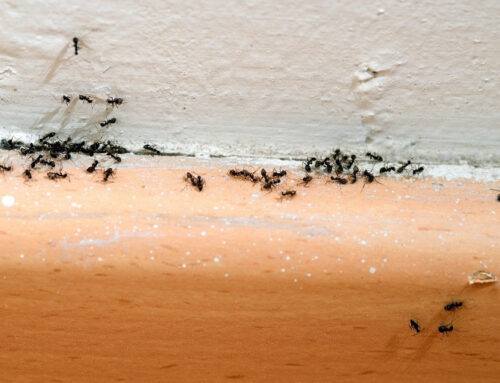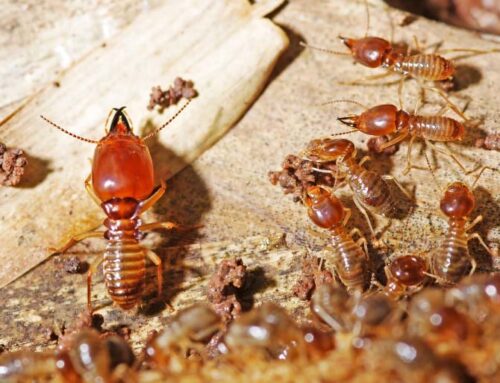As temperatures rise and days grow longer in Iowa City, IA, you might start seeing bees, wasps, and mosquitoes emerging from their winter hideouts. It’s crucial to act early for spring pest control, as these creatures are more than just annoyances; they pose real threats to homes and businesses alike.
In this guide, we’ll pinpoint the pests you need to watch out for and provide you with practical steps to control and prevent them. Getting ahead of the problem ensures your space stays safe and free from pests.
Common Spring Pests to Be Aware Of
As spring rolls in, you’ll notice certain pests becoming more active. Let’s explore these common nuisances and the threats they pose:
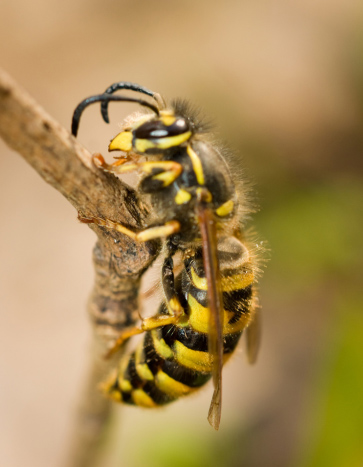
BEES
As flowers come into bloom with the arrival of spring, bees ramp up their activity, fulfilling their vital role in pollination. This increased activity, however, means bees might come into closer contact with humans, occasionally establishing nests in or near our dwellings. While bees are fundamental to our ecosystem, their proximity in residential areas can pose risks, particularly for those allergic to bee stings, highlighting the need for mindful management during the warmer months.
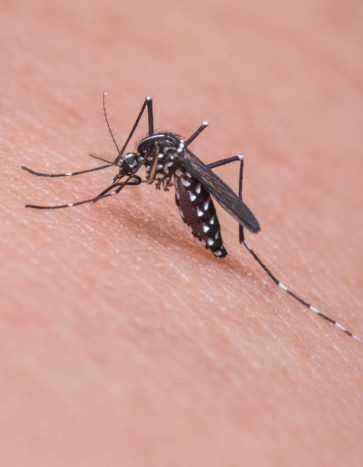
MOSQUITOES
With spring’s arrival in Iowa City, IA, and the surrounding areas, the mix of warm weather and moisture sets the stage for mosquito populations to soar. These pests do more than cause annoying bites; they spread serious diseases such as West Nile and Zika viruses. Mosquitoes thrive in even the smallest of water collections, from bird baths to clogged gutters, underlining the importance of vigilant springtime pest control.

WASPS
Wasps become notably more aggressive in spring, establishing new colonies in nooks like wall cavities, attics, or even underground. Their presence in residential areas raises concerns, especially where children and pets play, due to their territorial nature and the risk of painful stings.
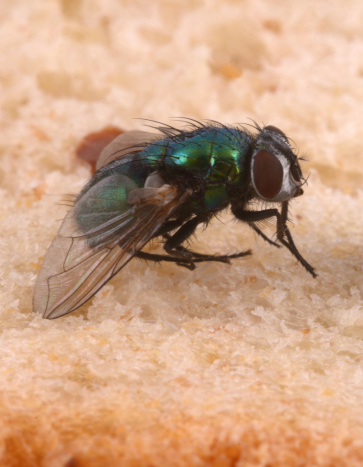
FLIES
With warmer weather, flies are everywhere, attracted to leftovers, trash, and pools of water in our living spaces. Spring’s breeding boom means flies can quickly overrun areas, spreading diseases like salmonella and E. coli. More than just annoying, flies are health hazards, transferring bacteria from decay and waste to our kitchens and eating areas.
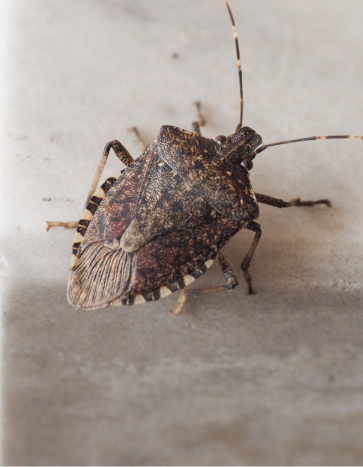
STINK BUGS
Stink bugs start to stand out in spring as they leave their winter shelters to find food and warmth. They earn their name from the foul smell they emit if threatened or squashed. Although they pose little direct harm to humans, their habit of invading homes in large numbers can be bothersome. Additionally, they can damage gardens and ornamental plants, making their control an important task in spring pest management.
Early Detection and Spring Pest Control Tips
Spotting pests early and taking the right steps can keep your springtime peaceful and free from pests. Let’s dive into the tell-tale signs of pest activity and share some effective prevention tips to keep these intruders at bay.
Signs of Infestation:
Preventive Measures for Spring Pests:
Integrated Pest Management for Spring
Discover how Integrated Pest Management (IPM) can transform your approach to controlling spring pests in Iowa City, IA, offering smarter, eco-friendly, and effective solutions for a pest-free home in the surrounding areas. We’ll break down the principles of IPM and how they can be practically applied to combat seasonal pest invasions.
What is Integrated Pest Management (IPM)?
IPM is a strategic approach to pest control that blends biological, cultural, physical, and chemical methods to minimize health, environmental, and economic impacts. It centers on:
Implementing IPM at Home
Adopting Integrated Pest Management (IPM) in your home means taking effective and eco-friendly steps to manage pests:
By integrating IPM into your pest management routine, you address current infestations and prevent future ones, ensuring long-term, sustainable pest control. This method not only solves immediate issues but also promotes a balanced ecosystem in your home.
DIY Pest Control vs. Professional Services
As spring nears, homeowners often weigh the decision between DIY pest control and hiring professional services. Here, we’ll dissect the pros and cons of each option to help you decide which suits your situation best.
Pros and Cons of DIY Pest Control
Pros:
Cons:
Pros and Cons of Professional Services
Pros:
Cons:
When to Call a Professional
Determining the right time to call in professional pest control can be a game-changer. Consider these situations as signals to get expert help:
Making the decision to handle pests yourself or to seek professional aid is important. With this insight into the advantages of professional pest control, you can choose the best path to secure a lasting, safe environment free from pests.
Seasonal Pest Control Tips and Tricks
Each season brings unique pest challenges, but with the right know-how, you can keep your home pest-free throughout the year. Let’s explore some practical tips and tricks for each season, starting with spring, to ensure your pest control efforts are always effective.
Spring:
Summer:
Fall:
Winter:
Implementing these seasonal pest control strategies will fortify your home against pests year-round. By proactively managing these risks, you not only decrease the likelihood of infestations but also create a healthier and more enjoyable living space for your family.
Remember, consistent efforts in pest control are key to enjoying a comfortable and secure home environment across all seasons.
Secure Your Home: Act Now Against Spring Pests
Proactive pest control is key to ensuring your home in Iowa City, IA, and the surrounding areas remains a safe haven all year round. Here’s why taking action now is vital:
Picture a living space free from the stress of pests. Bobcat Pest Control is dedicated to providing this serenity through expert and comprehensive pest solutions. Learn about our services and how we keep your home pest-free. Schedule your consultation with Bobcat Pest Control today for a secure, comfortable living environment.

About the Author
Derek Brownmiller, Area Manager at Bobcat Wildlife & Pest Management, leads with 16+ years in wildlife and pest control. Licensed and experienced, his Iowa City-based team excels in comprehensive, customer-focused solutions. Their mission: superior service in Iowa City and beyond, ensuring homes are safe from wildlife and pests.

